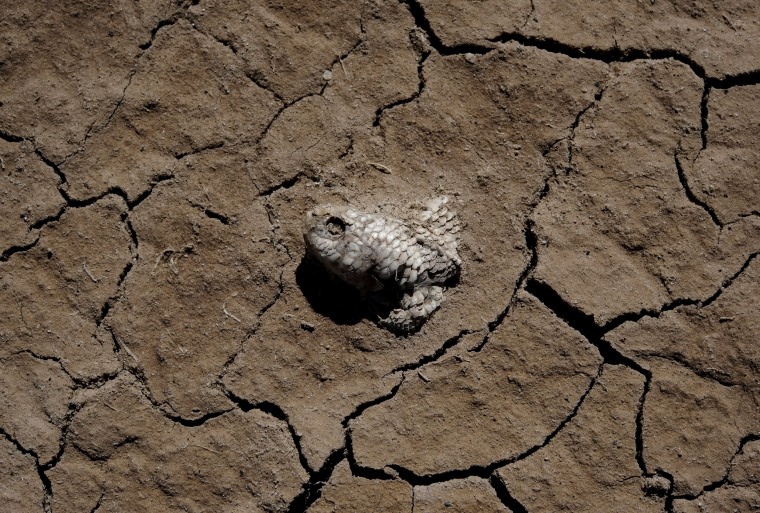IE 11 is not supported. For an optimal experience visit our site on another browser.
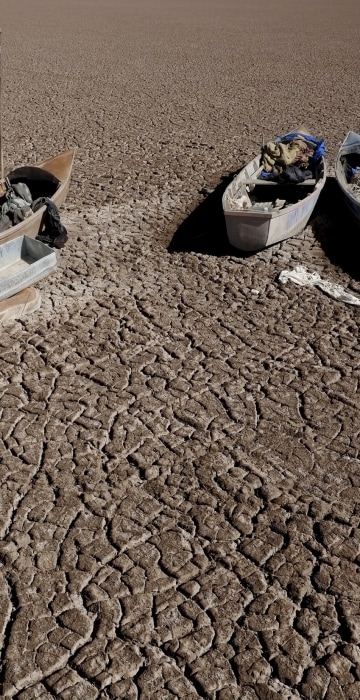
Photo
Bolivia's Second Largest Lake Dries Up Entirely
The water level at Poopo Lake began going down decades ago, and eventually the whole lake disappeared.
/ 7 PHOTOS
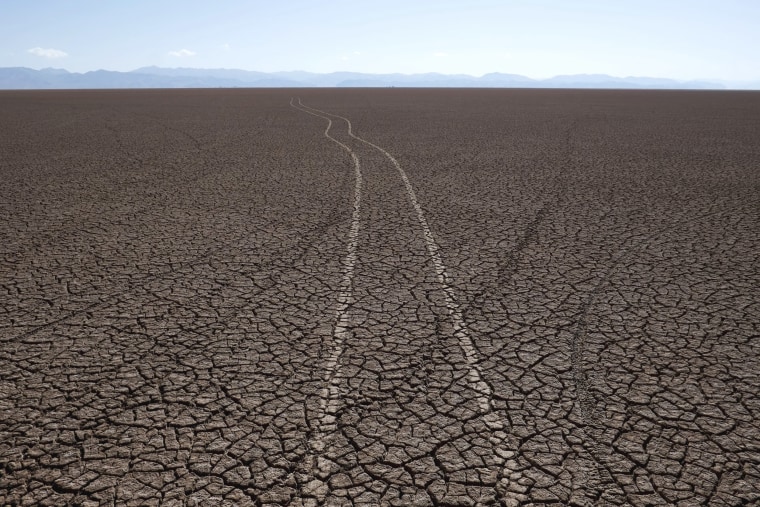
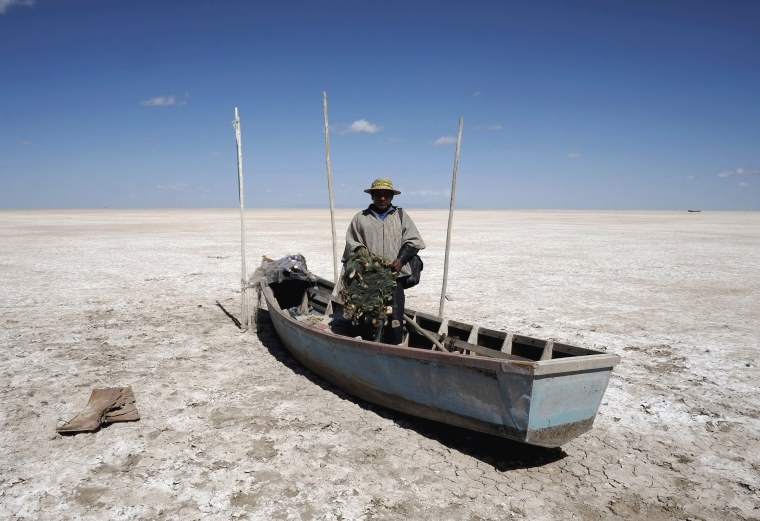
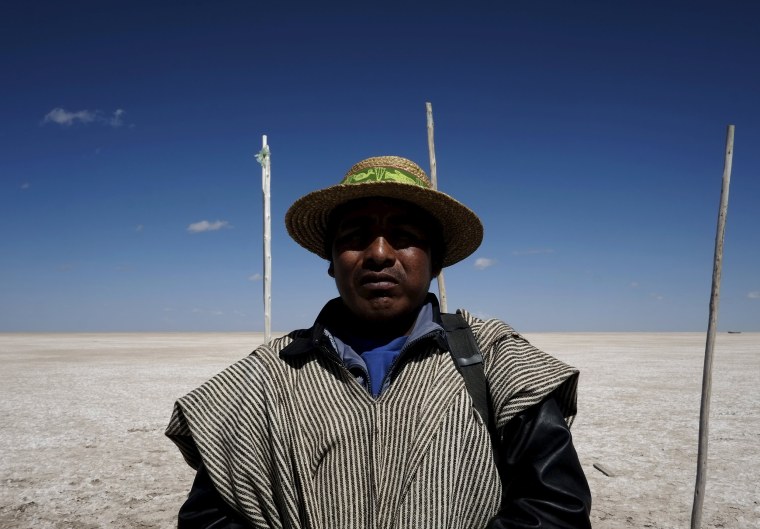
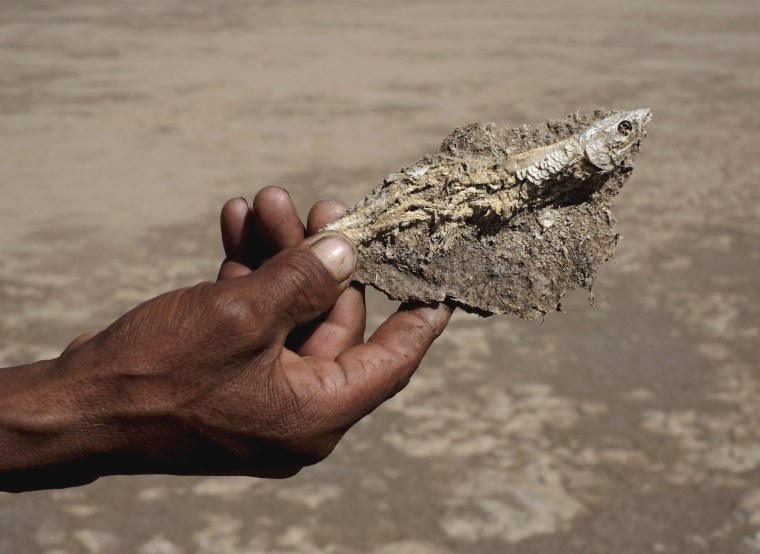
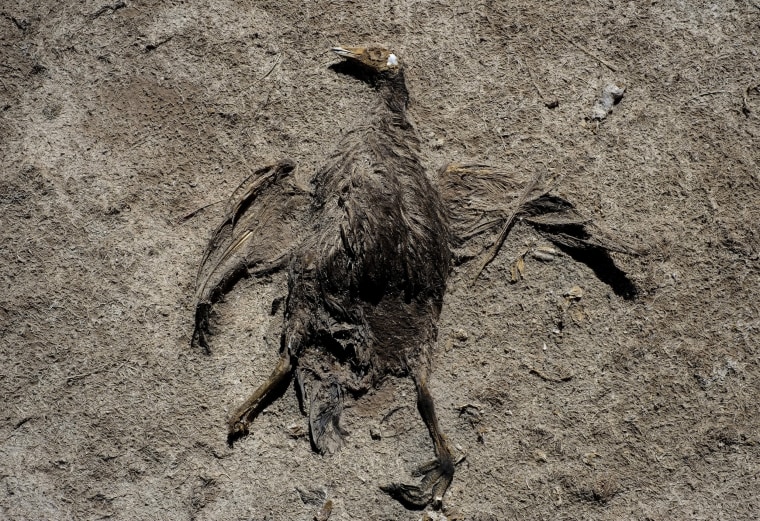
1/7
